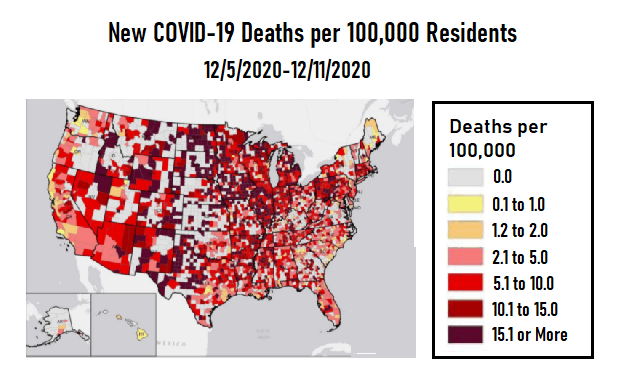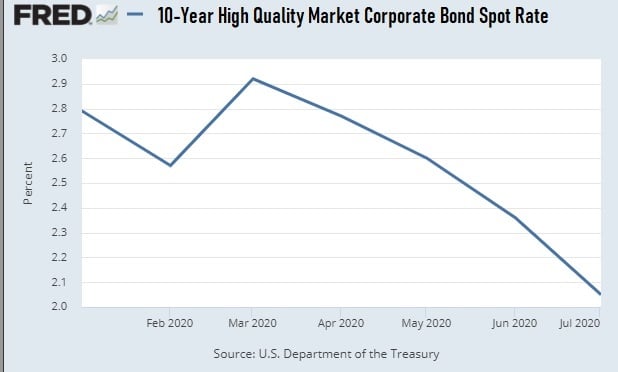Forecasters at consulting firms, insurance technology firms, rating agencies and investment firms have been trying to peer into the mists of 2021.
For a digest of some of those forecasts, see the slideshow above.
We created a similar forecast review, for 2020, a year ago.
(Related: The Year 2020, for Agents)
Here’s an assessment of the seven forecasts we highlighted in that article.
1. The Overall Business Climate
Morgan Stanley suggested that low interest rates would be a headwind for life insurers.
Performance: Good.
Low rates have been a headwind for life insurers, but the analysts did not say much about pandemic risk.
2. Life Insurance
Analysts from Deloitte and Keefe, Bruyette & Woods Inc. suggested that the major obstacles would face would likely be trade wars, the U.S. elections and low interest rates.
Performance: Good.
They were right about the sector-shaping forces they listed, but they did not give much attention to pandemic risk.
3. Annuities
Deloitte analysts suggested that low interest rates and a shift to a risk-based solvency regulation framework would be hard on annuity issuers.
Performance: Very Good.
U.S. regulators have put off implementing risk-based solvency regulations, but low rates and insurer consciousness of risk-based solvency regulations have been hard on annuity issuers.
4. Long-Term Care Insurance
Fitch Ratings analysts suggested that issuers of long-term care insurance continued to face pressure related to inconsistent and aggressive assumptions tied to discount rates.
Performance: Good.
Some issuers responded to the concerns about rate assumptions by changing their rate assumptions.
5. Health Insurance
Analysts from three big rating agencies suggested that factors such as the elections and pressure to cut costs had shaped their 2020 outlook commentaries for the U.S. health insurance sector.
Performance: Good
The factors the rating analysts cited have all been out there this year, but none gave much attention to how much a major pandemic could change everything.
6. Travel Insurance
International SOS, a company that sells travel-related risk management products and services, asked business travel decisionmakers about what they thought would be the key business travel health and security risks in 2020. The decisionmakers listed risks related to geopolitical shifts, mental health issues and physical health issues.
Performance: Good.
Mental and physical health issues certainly were business travel risks in 2020. The survey summary was not a great guide to how intense those risks would prove to be.
7. Information Technology
Deloitte analysts predicted these factors would drive insurance industry information technology spending in 2020:
- More emphasis on data analytics systems and other systems for improving customer experience, and less on keeping legacy systems alive.
- Efforts to prepare for the possible effects of quantum computing and the new, ultra-fast 5G networks on system security.
- Efforts to prepare systems to take advantage of the opportunities that might be created by the Secure Act.
Performance: Good.
The factors the analysts identified are affecting insurance industry technology spending, but, because the analysts were unaware of the COVID-19 pandemic that was about to sweep over the world, they were unaware of the pressure life insurers would face to minimize face-to-face encounters in the sales and underwriting processes.
— Read Will Medicare Add Long-Term Care Insurance? and Other Questions for 2021, on ThinkAdvisor.
— Connect with ThinkAdvisor Life/Health on Facebook, LinkedIn and Twitter.







 December 30, 2020 at 11:04 AM
December 30, 2020 at 11:04 AM

















 Slideshow
Slideshow





